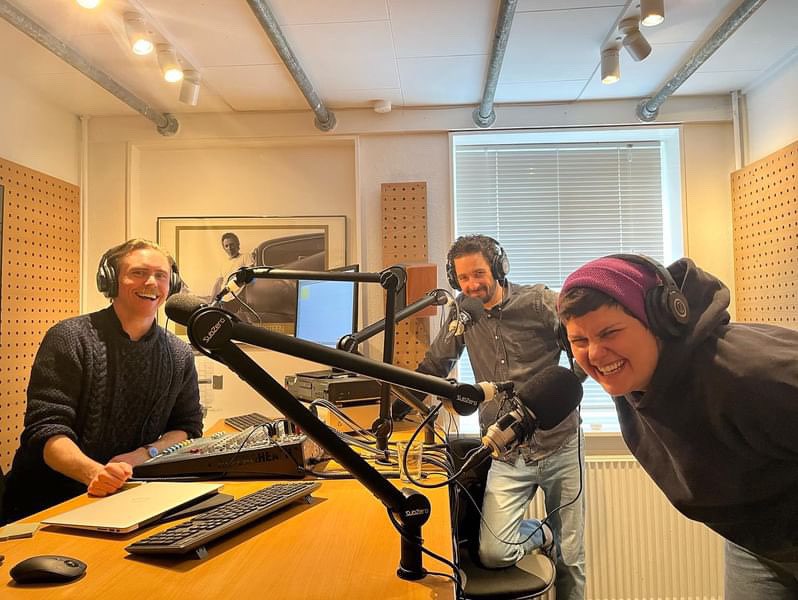A record number of foreign students were accepted to a Danish university this year according to figures from the Ministry of Research, Innovation and Further Education.
Of the 63,525 successful applicants this year, 6,266 are foreigners. This represents a 38 percent increase from 2012.
The number of foreign students from Nordic countries and from outside the EU both increased, although the greatest increase was seen in the number of students from non-Nordic EU countries. That number is a 951 person increase.
The minister for further education, Morten Østergaard (Radikale), said he was pleased that almost ten percent of the new students were foreigners.
“We should be happy that it is attractive to study in Denmark, and an international learning environment is also good for the many Danes who are studying,” Østergaard told public broadcaster DR.
A verdict by the EU courts this March found that EU students who work before they start their studies are entitled to Danish student grants (SU).
Østergaard said that the government would monitor the increased uptake of this grant by EU students, but added that the increased number of EU students this year was unlikely to be a result of the verdict.
“The verdict was made very close to application deadline on March 15, so it is hard to imagine that there is a direct relationship,” Østergaard said, adding that the number of students from outside the EU has almost doubled this year. “[Non-EU students] are paying for their own education even though they won’t have access to SU. It’s positive that we are attractive to people who are willing to pay for their education and we need to get even better at taking that market.”
Dansk Folkeparti (DF) is concerned that the rising number of foreign students will increase the competition for scarce student housing, and argues that Danes should get first priority on waiting lists.
“That random EU citizens or Asians want to study in Denmark is fine,” the party's immigration spokesperson Martin Henriksen told TV2 News. “But then they should find their own housing arrangement and live up to our demands. And we don’t set that many demands right now, but we could.”
Main opposition party Venstre is opposed to DF's idea.
“It’s not fair to start sorting between students,” Venstre's education spokesperson, Esben Lunde Larsen, told Berlingske newspaper.
According to the student union DSF, foreign students face a number of challenges in Denmark, from difficulties to finding housing, to lecturers with poor English skills.
“It’s positive that more international students are coming to Denmark because it improves the student environment, but I am worried about whether we can them offer them a high enough quality [of education],” DSF chairman Jakob L Ruggard told DR News.
Ruggard argues that foreign students are often given accommodation far away from their Danish peers, which makes it difficult to make friends and reduces integration.
And when the international students make it into class, the English level of lecturers is so poor that it undermines their education.
“I think [lecturers] who want to teach in English should have to upgrade their English to an academic level,” Ruggard said.













